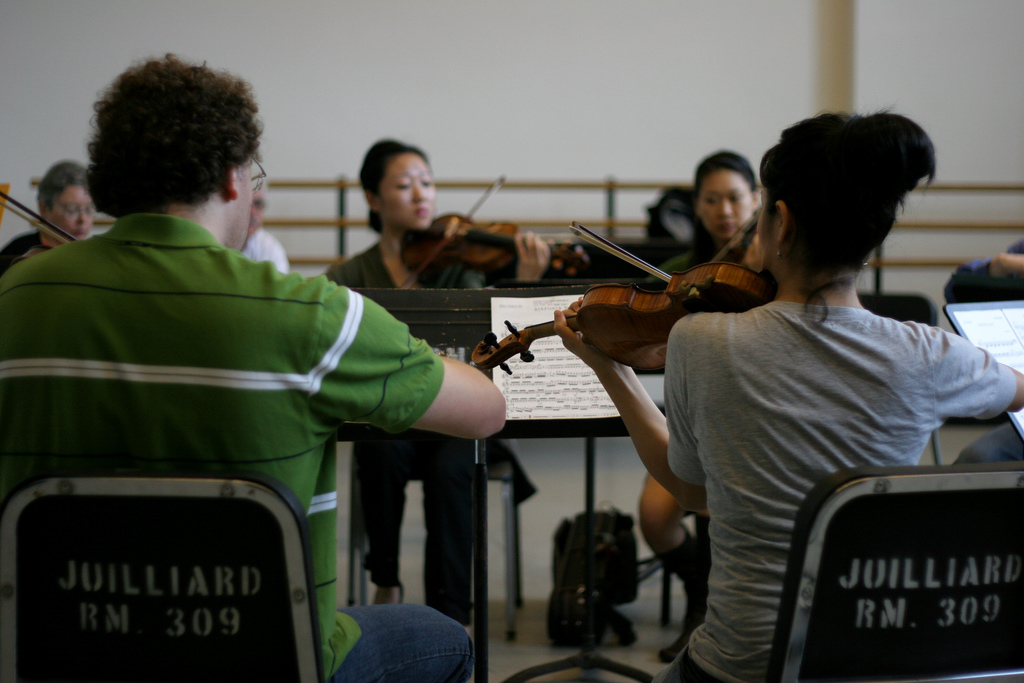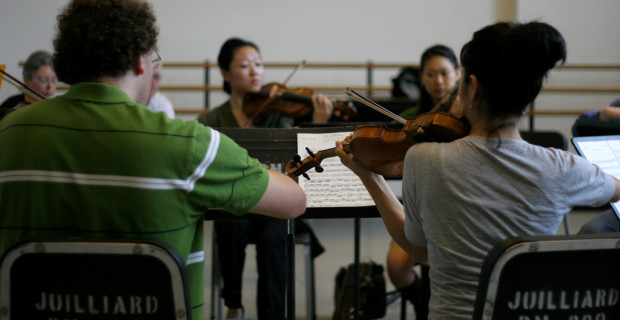
Photo by CC user 42302744@N00 on Flickr
Music as an educational course has been changing hugely over the last couple of decades. There was a time when a music degree would simply be aimed at classical music, and it was a bit of a closed door for contemporary musicians. Around the turn of the century things began to change, and we started to see many more modern music courses being offered as options in further education. Fast forward to today, and we find a huge number of different courses, in fact you can choose almost anything you would like to study music if you are willing to search it out! Some of the best music colleges out there offer dozens of different courses, from music business, through to construction courses such as guitar craft, along with courses for sound technology, independent artist programs, music business degrees, you name it, and it probably exists!
This is fantastic news for musicians, and it’s great to see the industry being taken seriously. The difficult part as a musician or someone who wants to work in the music industry is knowing what sort of entertainment industry programs you should be looking at. This is a course that can go on to shape the entirety of your career, so it’s vitally important that you go for the right course. It’s something to take very seriously, and there are many things you need to take on board when trying to search out the right course for you.
Sometimes, it’s important to understand your own limitations. It’s not a case of being negative, but even if you’re interested in a particular type of course, you do have to give some consideration as to whether or not you are going to be able to keep pace. For instance, if you’re thinking of taking a fairly advanced program in guitar, because that’s your chosen instrument, and because your educational history puts you at that point in your education, you need to make sure that you are playing at the ascribed level before signing up. If you’re too far behind in the early days, then you might not catch up. Equally, if you have a great talent for playing naturally, but you don’t read music too well, then choosing a course which weighs heavily in favour of sight reading and the technical side of music might be a mistake.
It’s also important to focus on a college with a great reputation for the areas of interest you have. This will mean firstly that your qualification you walk away with will be enhanced, and secondly, it will mean that you are likely to meet plenty of like minded people who you may be able to collaborate with in the future.
Ultimately, the research and pondering you do should be as much about yourself as it is about the college you decide to attend and the course you take. What are you really good at? What areas of the music industry do you think you can be successful in, and which musical avenue is genuinely going to inspire you through a long profession? If you can answer all of these questions then you stand every chance of finding the best course available for you.




